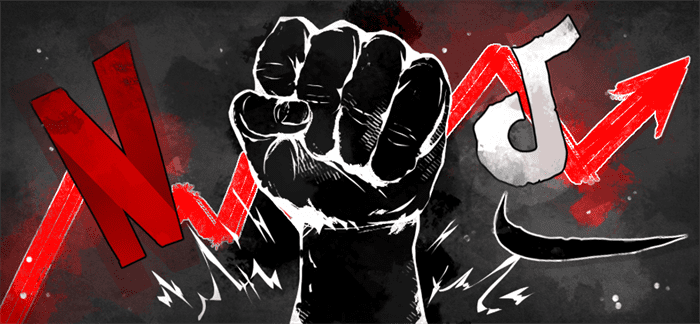Historically, the value of African Americans in this country has been tied to commodity and profit. First, through enslaved labor. Then, after the 13th Amendment was passed, a loophole paved the way for prison labor. Now it seems these ties have endured, perhaps in more passive but equally direct ways.
Through targeted advertisements, businesses have embarked on a new form of race-based capital: social profiteering. Corporations are now marketing toward African Americans, specifically those fighting for their lives in the Black Lives Matter Movement.
Marketing towards a specific group isn’t inherently malicious, it’s a hallmark of good advertising. However, the way in which brands attach themselves to movements without background knowledge is problematic to say the least.
I define, “social profiteering,” as the intended co-opting or capitalizing of a social movement with little to no regard for those affected by or involved in the movement itself. This kind of profiteering is insincere at best, and exploitative at worst.
The most extreme example of this was the National Football League’s (NFL) firing of former San Francisco 49ers quarterback, Colin Kaepernick. After kneeling during the national anthem as a protest of police brutality, Kaepernick was swiftly fired and blackballed from the NFL.
It’s as though in any year prior to 2020, proclaiming, “Black Lives Matter,” a simple statement, was also a loaded one. It was a statement that could jeopardize an election, a career or a brand.
The NFL, an organization in which Black players make up an astounding 70%, was one of many employers doing the firing.
It seems a cruel irony the NFL is now gaining clout from the same sentiment.
Some of this comes from undervaluing Black voices in positions of power, while hoping to profit from Black consumers. The mentality of, “shut up and dribble,” a phrase used toward NBA superstar Lebron James after his remarks regarding racial injustice in America, runs rampant throughout the professional sporting industry. But, it doesn’t stop there.
Several large companies, including Nickelodeon, Netflix, Spotify and TikTok, have made their stance clear through ad campaigns or even changing the layout of their services. With all of these new outpourings of support, the question remains: How can we tell the difference between social profiteering and genuine endorsement?
One way to tell is to look at the differences in approach. Some of these initiatives ring hollow when their, “commitments to diversity,” are not reflected in their workforce.
In TikTok’s case and its sordid history, moves like changing their layout to include a “Black Lives Matter” banner on the explore page can come across as profiteering. The international platform has been admonished for and has admitted to suppressing user content.
More specifically, the platform has suppressed users they find to be “subject to bullying.” This included Black people, members of the LGBTQIA+ community and differently-abled individuals.
Furthermore, after a successful “Black out” on May 19, on which Black and African Americans along with the help of allies amplified Black creators for the day, TikTok began removing videos and suppressing Black users’ content again. This time, TikTok cited an error in the algorithm.
Conversely, Netflix is a prime example of corporate social responsibility with more thought. Netflix has put out a detailed plan which includes billboards, a “Black Lives Matter” film category on their service and more tangible solutions to creative diversity, like donating $5 million to underserved, Black-led creative firms.
It is also important to draw attention to a brand that has continuously gone the extra mile for its customers for decades.
Ben and Jerry’s has been steadily educating and advocating for marginalized communities, going as far as actually lobbying for the freedom of African Americans incarcerated for nonviolent crimes.
Critics of such initiatives argue businesses have no place in a civil rights movement. They cite a company’s focus should be on the bottom line, regardless of the social climate. I’d argue that businesses, especially large ones, have a responsibility to use their platform and capital to support the rights of their consumers.
Deciphering intentions is never easy and while outward support of social movements is necessary, it cannot stop there. The only way to mediate social profiteering is to question the motives of those in power and hope their values are as thoughtful as their exorbitant ad campaigns.
When discussing corporate responsibility, what it really boils down to is human responsibility and a duty to look out for and protect the next person. It’s important for businesses to listen to those who keep them running, now more than ever.
As the saying goes, “this is not a moment, this is a movement”.



